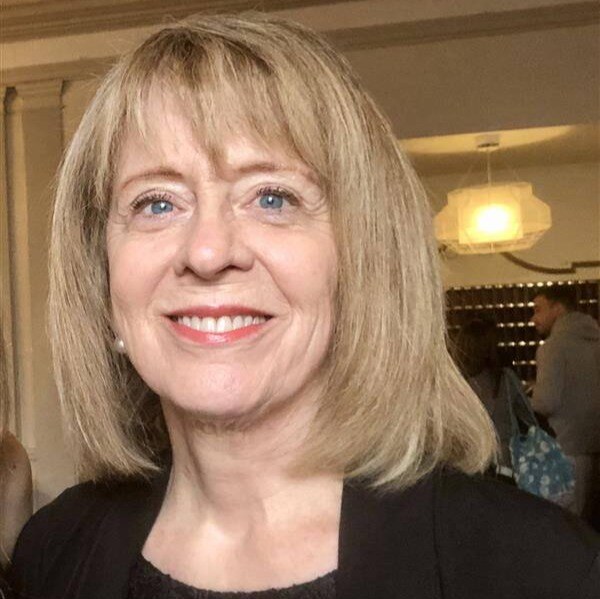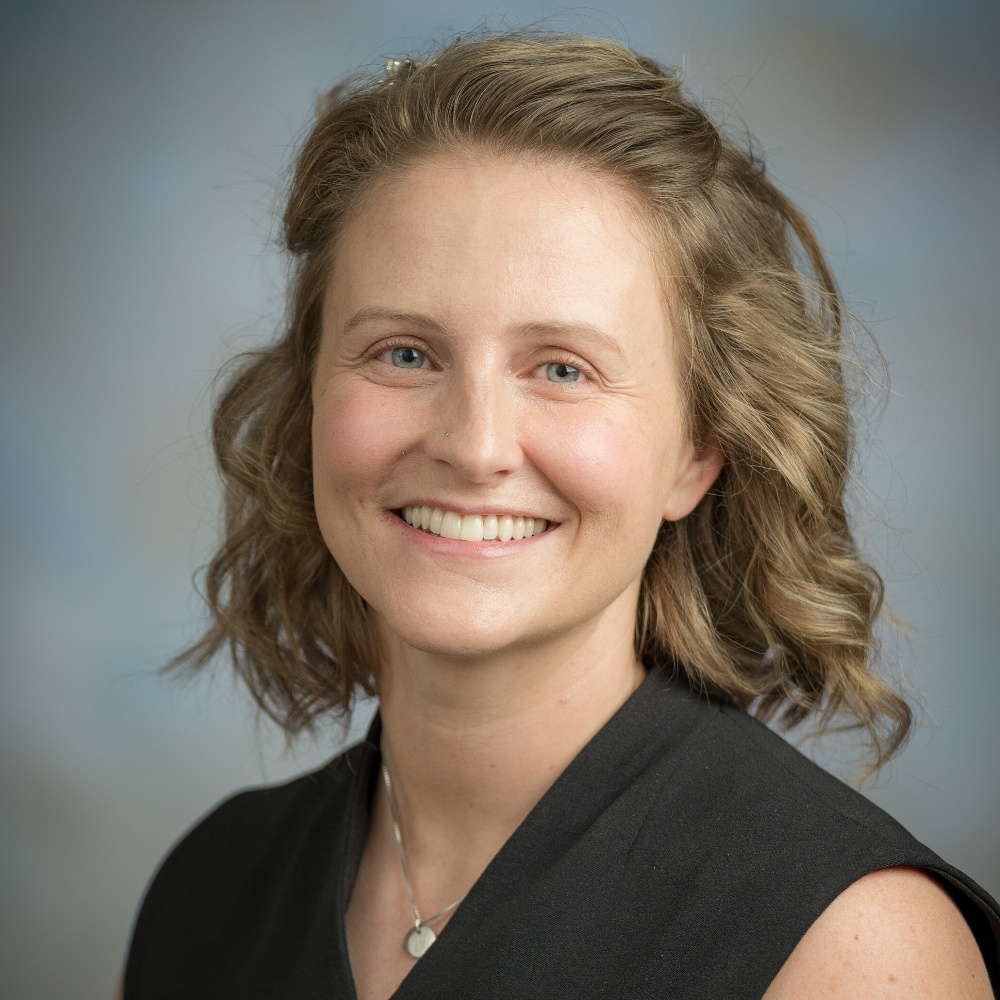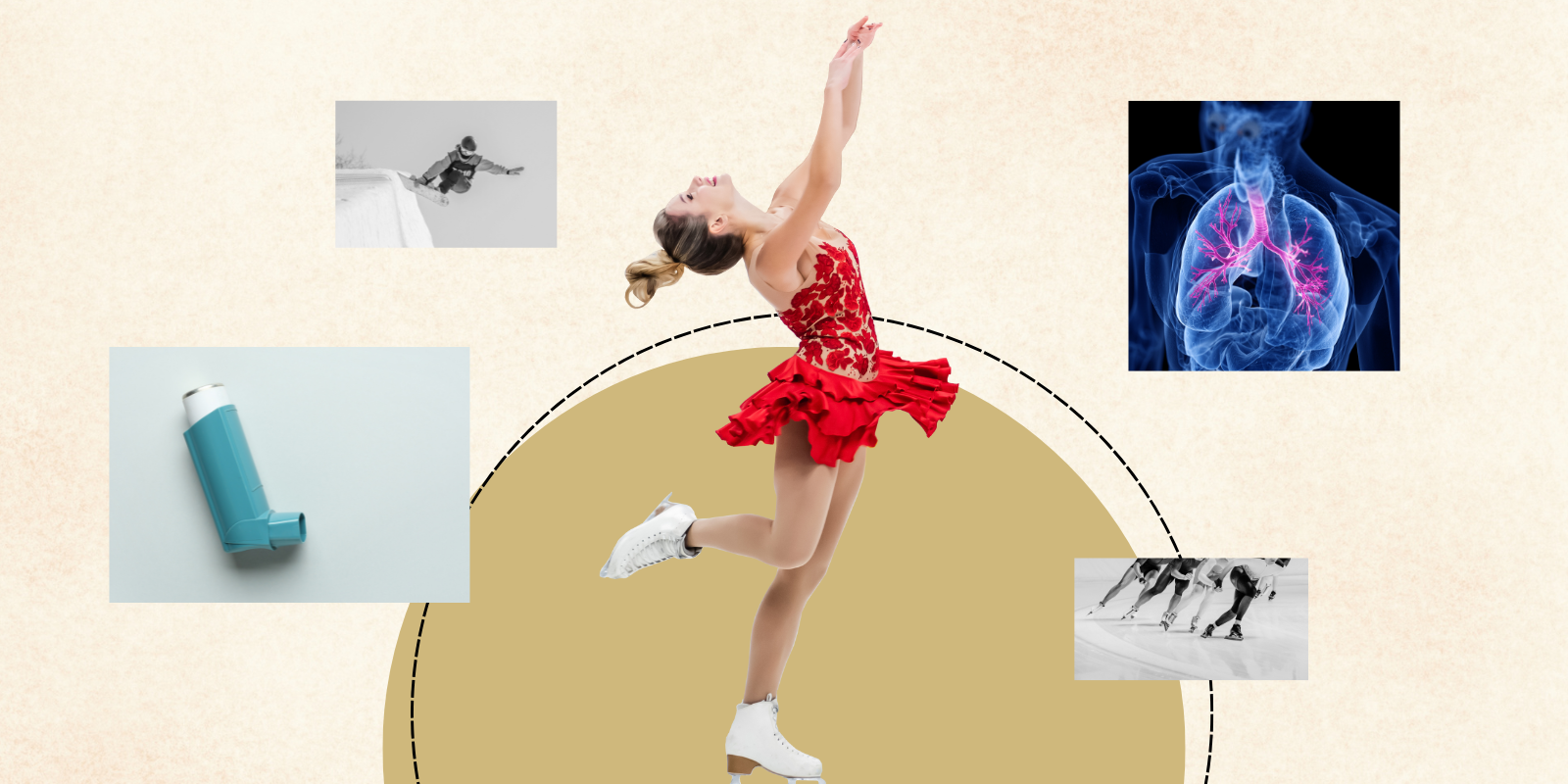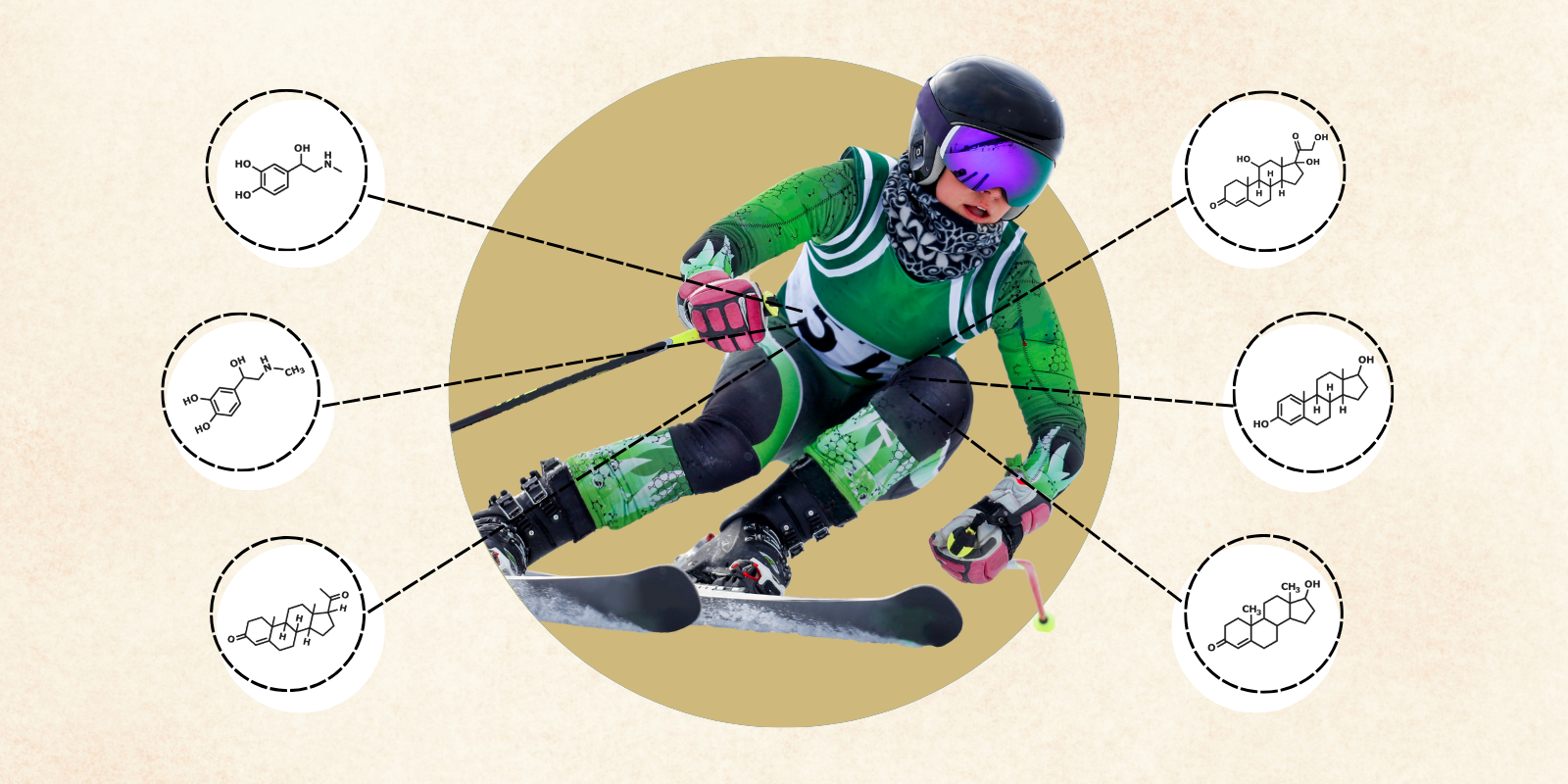Whether it’s developing new treatments or uncovering information about diseases, conducting research is critical to improving public health — but getting funding is a common challenge investigators face. To increase their odds of success, a University of Colorado Department of Medicine faculty member is leading a program funded through the Colorado Clinical and Translational Sciences Institute (CCTSI) that reviews research grant applications in advance.
Margaret E. Wierman, MD, a professor in the CU Division of Endocrinology, Metabolism, and Diabetes, is the director of the Pre-R Transition Program, which is a mock grant review process intended primarily for those who are applying for their first R-level research grant through the National Institutes of Health (NIH) or other national granting agencies.
The program, formerly known as the K to R Transition (KTR) Program, has proven to be beneficial. Data from 2010 to 2022 shows the program’s success rate was nearly double the national success rate for new NIH submissions.
“It's exciting that we are helping people get grants despite it being very tight times for funding,” Wierman says. “This program is advancing science, which will ultimately impact human health. It’s also advancing the training of clinicians, clinical investigators, basic scientists, and investigators across the spectrum to do better research so that we continue to be a top research center that attracts the best doctors to take care of the community around us.”
How does it work?
The Pre-R Transition Program was established in 2010 by the CCTSI, which fosters biomedical research on the CU Anschutz Medical Campus and across the state. The CCTSI offers several different training and career development programs, depending on the type of grant for which an investigator is applying.
When it comes to applying for grants through the NIH, investigators may get a career development award, called a K award, before they apply for an R-level grant. There are different types of R grants. For example, an R03 grant is smaller in funding, while an R01 grant is larger and for mature research projects.
“I was asked to lead a program to help people transition from a K grant to their first R-level grant or an equivalent grant,” Wierman says. “I said yes because I was impressed that the CCTSI was committed to improving opportunities for junior academicians to succeed from clinical research to basic research to outcomes research.”
“Along with a core group of reviewers who help each cycle and content experts recruited specifically for each application, we provide a great service to the academic community,” she adds.
Because the program is through the CCTSI, any person with a faculty appointment at a CCTSI-affiliated institution is eligible to apply. This can include faculty at the CU Anschutz Medical Campus, CU Denver, CU Boulder, and Colorado State University.
To apply for the program, hopeful participants must first submit their letter of intent, explaining the grant for which they are applying and an overview of their proposed research. These letters of intent are then reviewed by the Pre-R Transition Program’s core reviewers — a team of five experts, including Wierman — who decide whether the applicant’s grant is ready to proceed in the process. Preference is given to early-career applicants, but re-submissions are considered.
“If they are ready, then we have them upload their entire grant application and give us the names of two or three additional people they would like to review the grant,” Wierman says. “The reviewers get one to two weeks to review the grant, using the same form as the NIH review form to score the grant and offer feedback. Then, we have our mock study session.”
The mock study session is an in-person event where all the program participants — including applicants, co-investigators, and mentors — and reviewers can come together to go over each grant.
“We talk about the weaknesses and strengths of the grant, offering advice on how to make it better,” she says. “We teach applicants not only how to ask the right questions but also how to sell their story and communicate to others that their research is important, and they have the skillsets to answer the questions posed.”
Applicants use this feedback to improve their grant applications before officially applying to the NIH. The Pre-R Transition Program hosts three grant review sessions throughout the year, timed with the NIH submission cycle to give applicants the time to revise and submit their proposals by the applicable NIH deadline. Although the applications and types of research may differ, Wierman says it is beneficial for all participants to be present for the mock study session and hear the feedback others receive because common themes arise.
“We really feel it’s the interactions of the reviewers and the applicants, as well as the applicants interacting with each other, that leads to a synergy that is part of the program’s success,” she says. “This is a great opportunity, and I’d love for more people in the Department of Medicine and from affiliate institutions to participate.”
Success of the program
To evaluate the effectiveness of the Pre-R Transition Program, a data analysis from 2010 to 2022 was conducted by the Evaluation Center at CU Denver. It found that 256 grant applications were reviewed by the program between September 2010 to September 2022.
Over this period, there were 180 new submissions to the NIH and 53 were funded, resulting in a success rate of 29%. This was nearly double the national success rate of 16% for new NIH submissions, based on data from 2013 to 2022. The program also had a higher success rate for re-submissions — 36% compared to the national success rate of 28%.
In total, this amounted to an estimated $120.3 million in funding that these program participants received from the NIH.
“One of my favorite moments was seeing the data that shows what we’re doing is effective,” Wierman says.
She credits the program’s success to the unique opportunity to get feedback from senior faculty members across different areas of research.
“It’s great to get input from someone outside of your area, because the NIH reviewers are not all going to be from your field. Having this mock study session with faculty who’ve been successful at getting funding and know what you need is really helpful,” she says. “I think that’s how our program participants get a head start and become more competitive.”
‘It’s so powerful’: A participant’s perspective
Among the many success stories of the Pre-R Transition Program is Josiane Broussard, PhD, an associate professor in the Department of Health and Exercise Science at CSU and an affiliated faculty member in the CU Division of Endocrinology, Metabolism, and Diabetes.
Broussard decided to apply to the program because of her previous experience in the CCTSI’s Pre-K Grant Review Program, which is led by Paul MacLean, PhD, a professor in the Division of Endocrinology, Metabolism, and Diabetes. At the time, Broussard was working at CU Boulder.
“Part of the reason I came to CU was because I wanted critical feedback on my grant applications. At my previous job, before CU, I didn’t get that and was not getting many grants,” she says.
When she submitted her application to the Pre-K Grant Review Program, she received feedback that highlighted a lot of changes she needed to make.
“At first, I thought, ‘What have I done to myself?’ But actually, it was awesome. I’d much rather get critical feedback from an internal team who wants me to do well so that I can make changes to my application rather than get that feedback from the NIH reviewers,” Broussard says. “I was able to get that K award on the first submission, and because I had so much success, I knew I wanted to participate in the Pre-R Transition Program.”
Broussard spent about a year preparing her R01 grant application before submitting it to the program. She even took a few grant writing courses, trying to take on the mindset of a grant reviewer. After she submitted the application to the Pre-R Transition Program, she was pleased to see she received good scores from the reviewers.
One of the best pieces of advice Broussard got from the Pre-R Transition Program was to explain the reasoning behind her research decisions.
“Instead of just discussing the science I planned, I also explained my thinking and how I came to the methodological decisions I made for the proposed study. Reviewers want to see your thought process and why you chose certain methods or study designs. In this way, you show reviewers that you have thought of many potential contingency plans and can think through problems that may arise,” she says.
“I made the changes they suggested, and my R01 grant got funded on the first try,” she adds. “That was really cool, because I was an early career investigator competing with established scientists, and it showed me that I deserve to be here in academia.”
Given her experience, Broussard recommends the program to faculty within and beyond the CU Anschutz Medical Campus, saying, “It’s so powerful. I don’t know how you could not use it, because you can essentially use the scores and feedback you get from the reviewers to predict whether your grant is ready to submit.”
It is this type of feedback that fuels Wierman’s passion to continue this work of mentoring early-career investigators and brainstorming ways to improve the program.
“This has been transformative to some people in getting their first R-level grant, which is an important step along a future in academic medicine as a scientist,” Wierman says. “That’s what we’re supposed to do — to help people along their research journey to be successful.”
SPECIAL NOTE: We would like to recognize CCTSI staff members Galit Mankin and Amanda Whiting for the great administrative support they offer to the Pre-R Transition Program and the Pre-K Grant Review Program.





